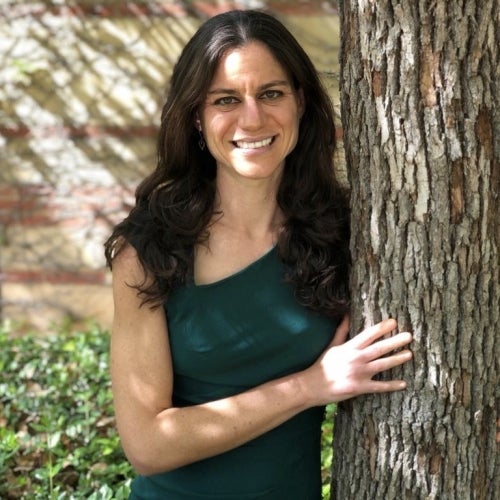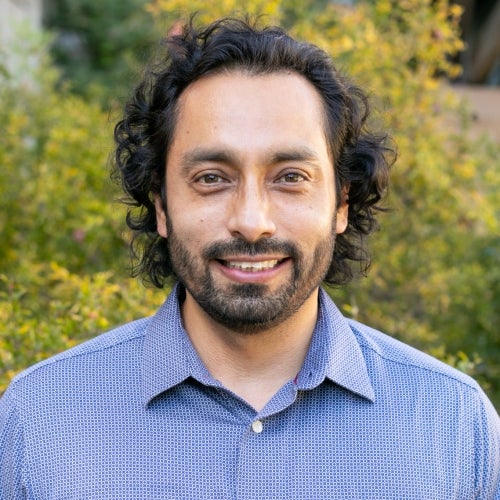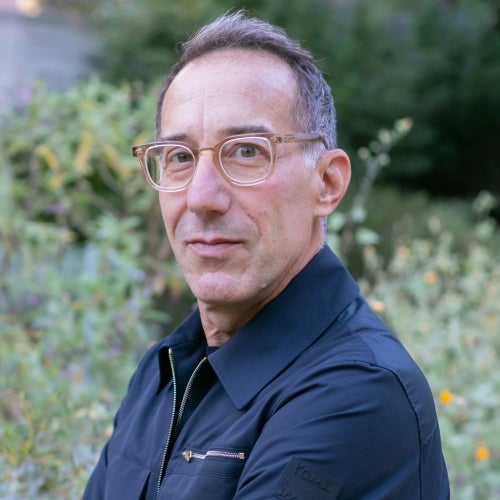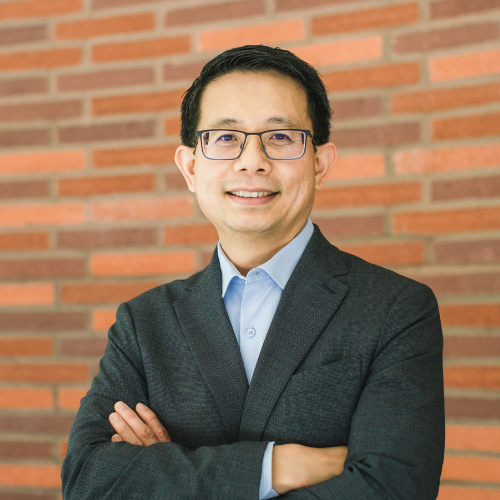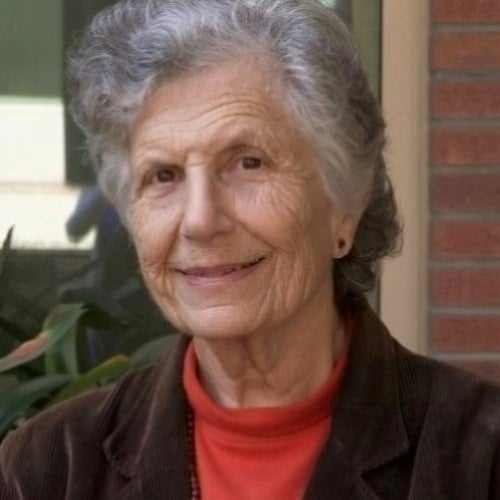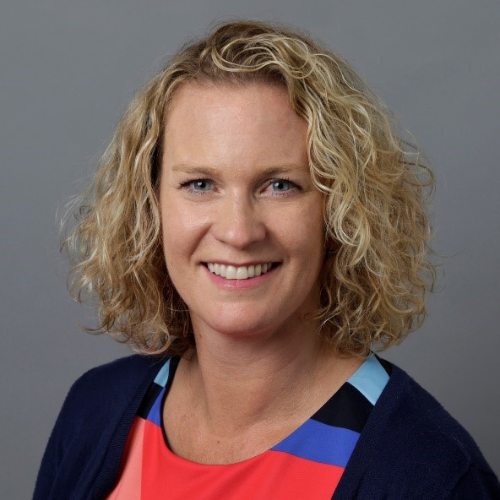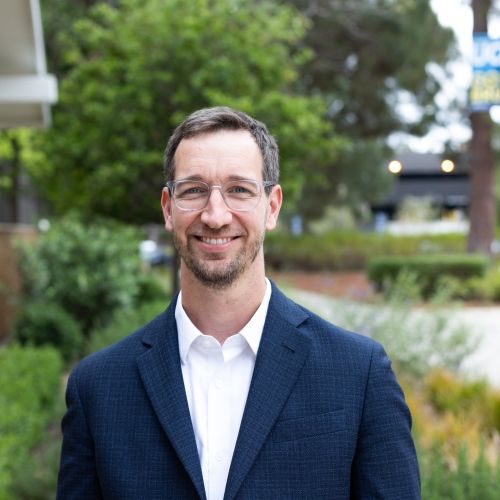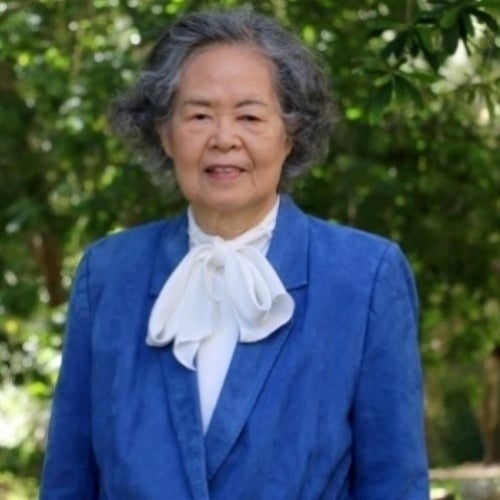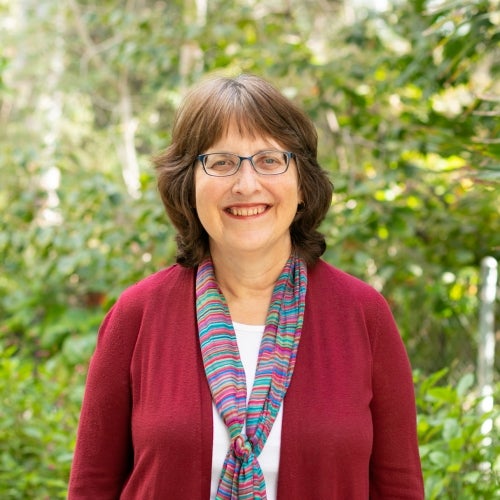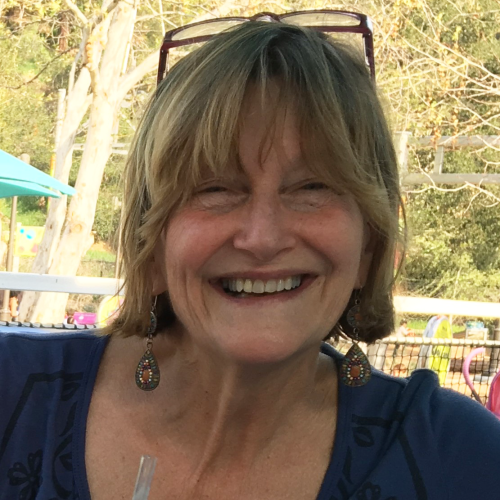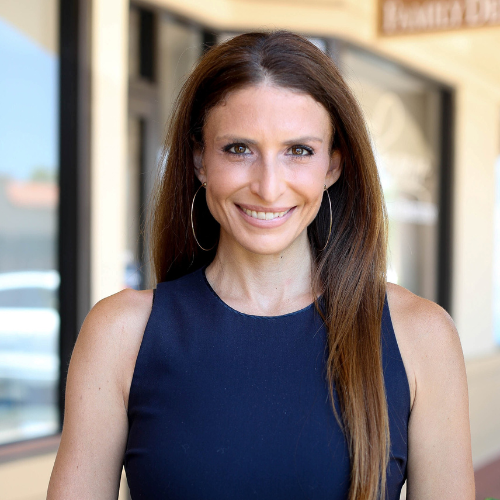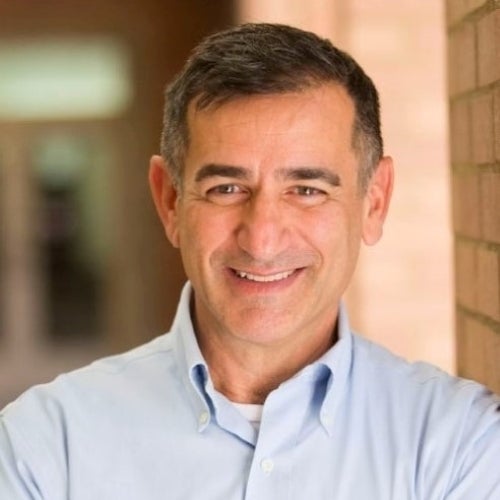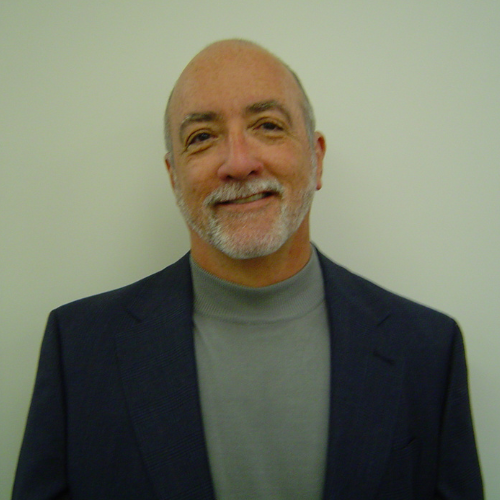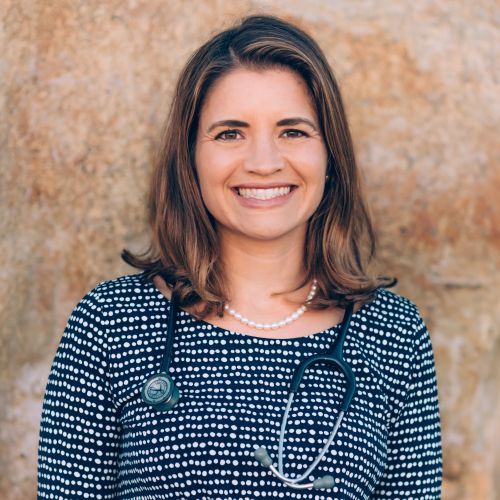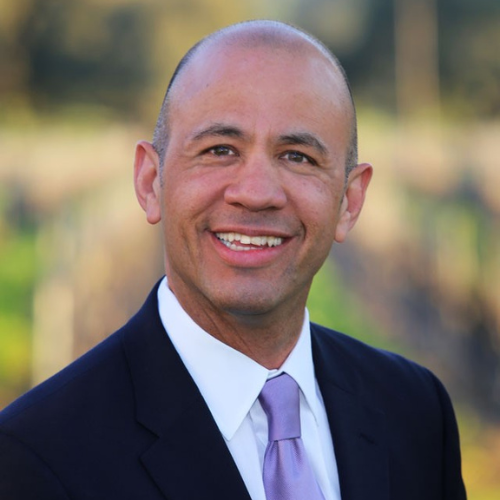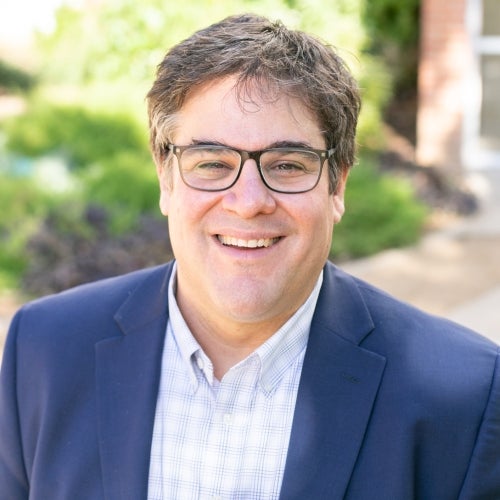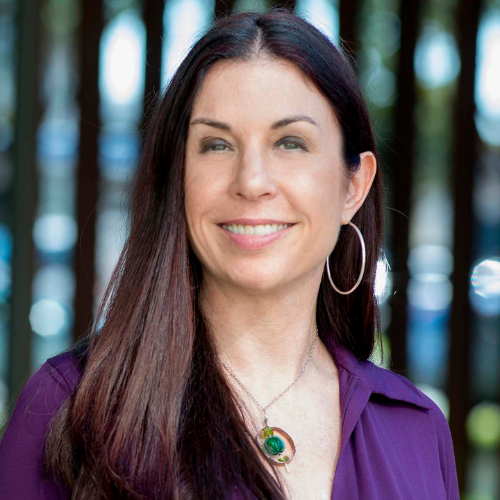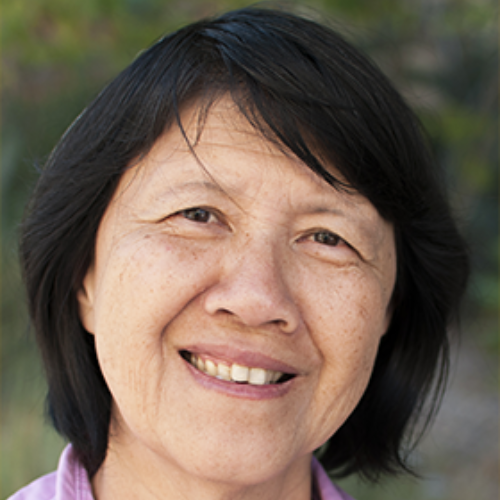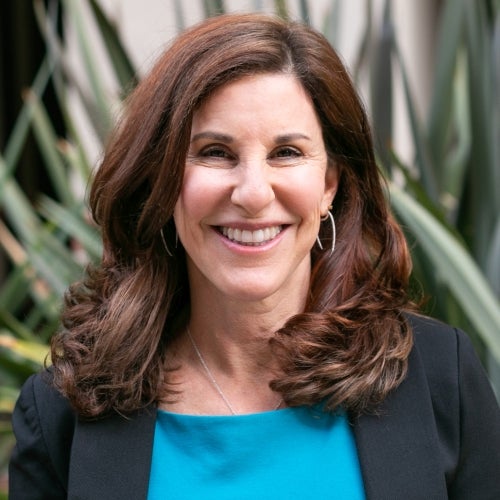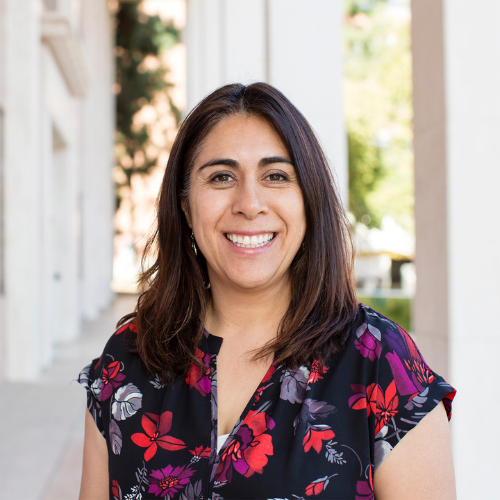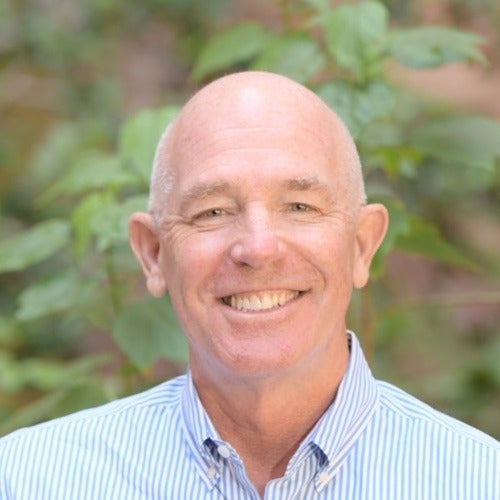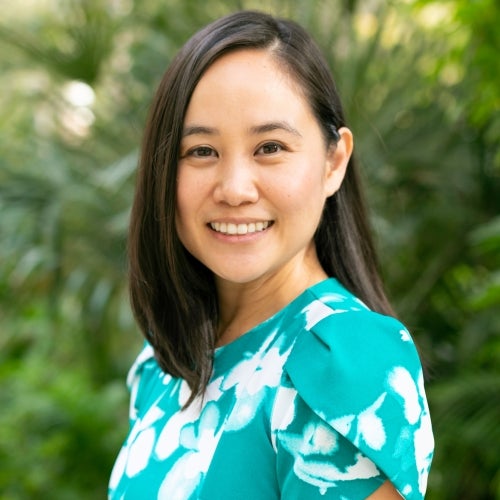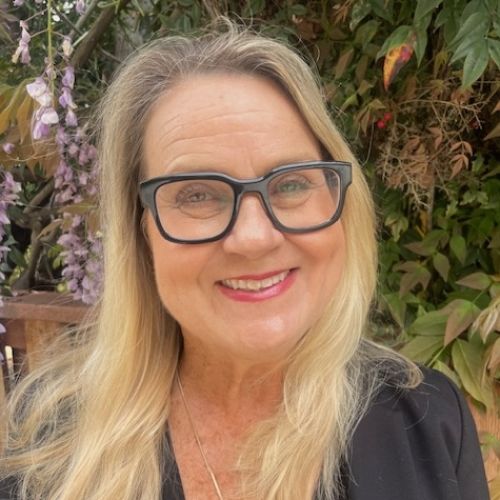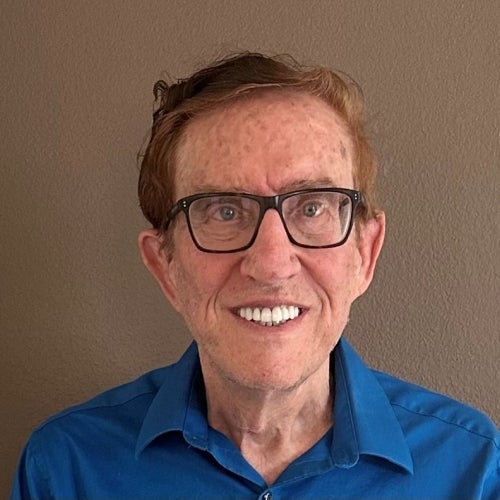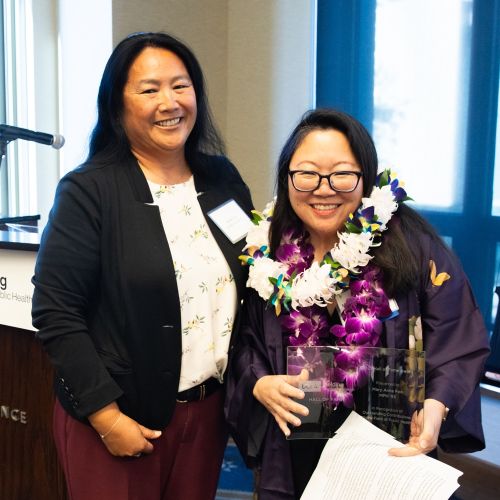What are adaptogens and the possible benefits of taking them?
Dr. Dana Ellis Hunnes addresses taking adaptogens – herbs or plants thought to neutralize the effects of stress on the body.

Everyone is looking for a way to relieve stress, especially since nearly half of Americans — 47% — report an increase in their stress levels since the pandemic started. One growing (but not new) trend in stress relief involves taking adaptogens – herbs or plants thought to neutralize the effects of stress on the body.
“There is a lot of Eastern medicine, like adaptogens, coming full circle and rising in popularity,” said Dr. Dana Ellis Hunnes, UCLA Fielding School of Public Health assistant professor of community health sciences and senior dietitian at Ronald Reagan UCLA Medical Center. “The claim is that adaptogens reduce our body’s reaction to stress and help us adapt to stressors better.”
In parts of Asia and India, people have been using adaptogens for centuries to treat a variety of ailments. In the United States, medical experts are beginning to recognize the value of these supplements as the body of research grows. But before you add adaptogens to your wellness routine, there’s a lot to consider.
Here’s what you need to know:
What are adaptogens?
Adaptogens are herbs, roots and other plant substances (like mushrooms) that help our bodies manage stress and restore balance after a stressful situation. People take adaptogens as herbal supplements in capsule form, drink them in teas or in a powder added to soups, smoothies and other foods.
Any kind of stress — physical, emotional, hormonal, and even things we eat and drink —affects the body’s systems. Experts believe that adaptogens interact with the hypothalamic-pituitary-adrenal (HPA) axis, which initiates your body’s stress response and plays a big role in keeping your body in balance.
Not all herbs work as adaptogens. To be considered an adaptogen, an herb or plant substance must:
- Be nontoxic at normal doses
- Support the entire body’s ability to cope with stress
- Help the body return to a stable state
Common adaptogenic herbs and their benefits
There are many herbs and mushrooms that qualify as adaptogens, and what experts know about most of them is still limited. But growing research shows that adaptogens help the body regulate in many ways, including improving mood, balancing hormones, fighting fatigue and boosting the immune system. One study suggests that adaptogens may be useful alongside standard treatments for post-surgery recovery, congestive heart failure or chronic obstructive pulmonary disease (COPD).
Some common adaptogens and their uses include:
- Ashwagandha, shown to help reduce anxiety and depression
- Ginseng, which refers to either American or Asian ginseng, and is used to combat fatigue
- Reishi, a type of mushroom adaptogen used to boost the immune system and fight cancer studied for its effectiveness in treating cancerous tumors
- Rhodiola, to reduce fatigue, depression and pain
- Schisandra, for improved concentration, coordination and endurance
- Tulsi (“holy basil”), used to increase focus, decrease anxiety and boost the immune system
What to consider before taking adaptogens
While the benefits of adaptogens are exciting, make sure to look at these supplements from every angle before using them. Consider the following:
Adaptogens can interact with your medications
If you are on medication for another condition, it’s always a good idea to check with your primary care physician (PCP) before taking a supplement.
“I tell patients not to go and take just any herbs and supplements, because they may interact with your medication,” Hunnes said. “Your body’s reaction to those things may do more harm than good.”
Your physician can guide you in which supplements and doses are safe with your current medications.
Supplements are not regulated by the Food and Drug Administration (FDA)
You can pick up adaptogens at your local pharmacy, vitamin store or food store, but you may want to research specific brands and products first.
“Supplements in general are not highly regulated the way medications and drugs are,” Hunnes said. “A bottle can say it contains ashwagandha or ginseng, but it’s not regulated by the FDA and may not have the right potency.”
Adaptogens are not a permanent solution
Hunnes reminds people that in the United States, adaptogens are meant to be supplemental. They shouldn’t take the place of standard care, especially if you have ongoing symptoms.
“Adaptogens and supplements can sometimes be more of a band-aid,” Hunnes said. “Instead, work with your physician to understand the underlying cause of your symptoms or issue.”
by UCLA Health
Faculty Referenced by this Article

Professor of Community Health Sciences & Health Policy and Management, and Associate Dean for Research
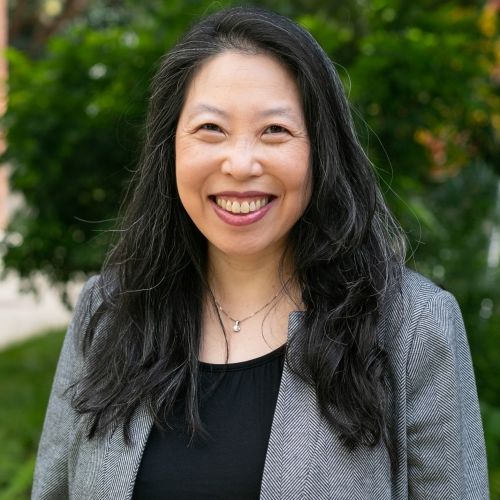
Assistant Dean for Research & Adjunct Associate Professor of Community Health Sciences

Robert J. Kim-Farley, MD, MPH, is a Professor-in-Residence with joint appointments in the Departments of Epidemiology and Community Health Sciences
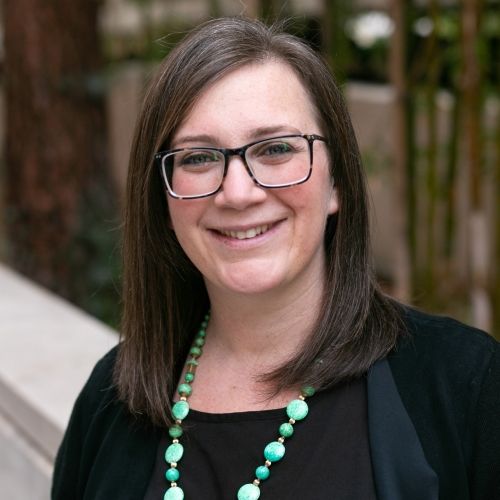
Director of Field Studies and Applied Professional Training
